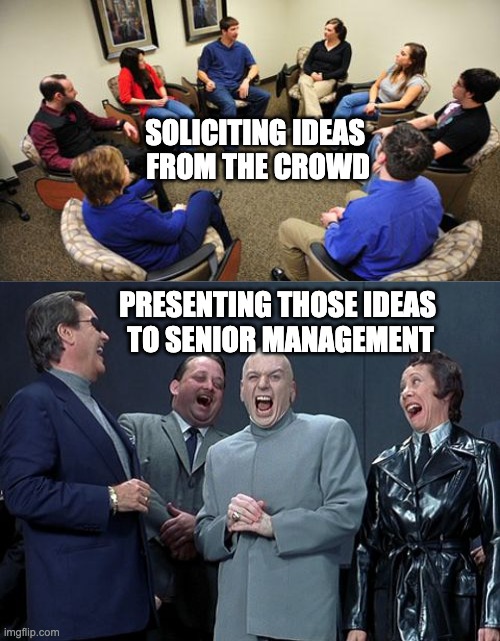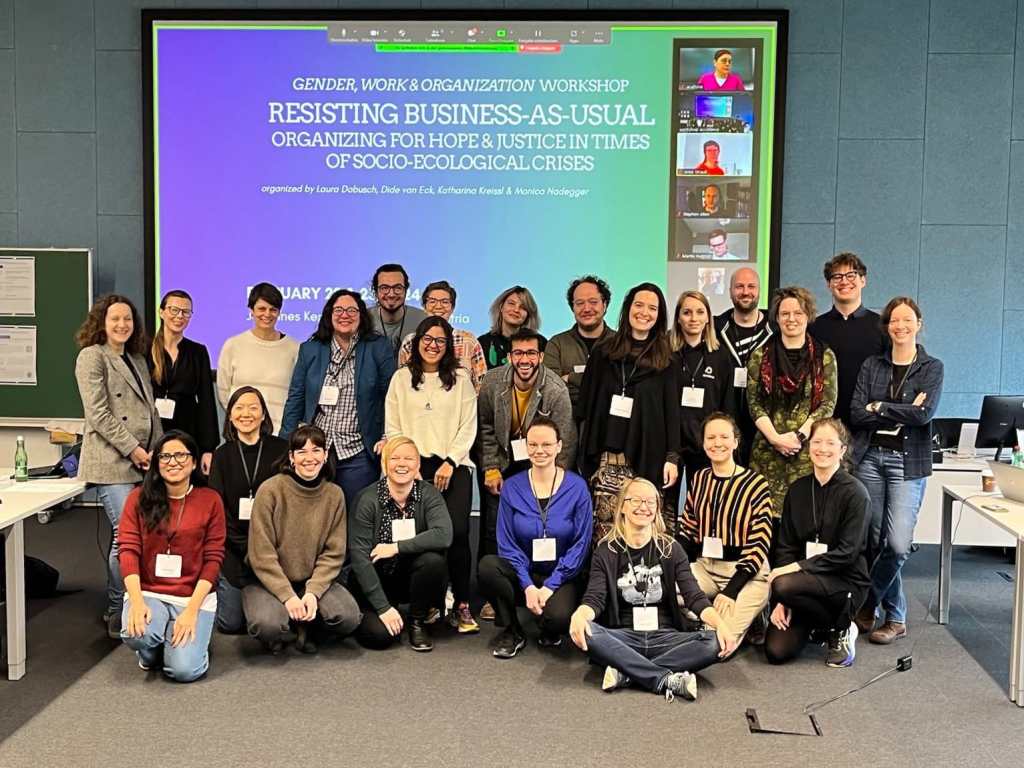
Please check out the new article entitled “Being (Ab)normal – Be(com)ing Other: Struggles Over Enacting an Ethos of Difference in a Psychosocial Care Centre,” co-authored with Bernadette Loacker and accepted for publication in Journal of Business Ethics. The abstract reads as follows:
Responding to recent calls from within critical MOS and organizational ethics studies to explore questions of difference and inclusion ‘beyond unity and fixity’, this paper seeks to enrich the debate on difference and its negotiation in organizations, thereby foregrounding difference as the contested and ever-changing outcome of power-invested configurations of practice. The paper presents an ethnographic study conducted in a psychosocial day-care centre that positions itself as a ‘space of multiplicity’ wherein ‘it is normal to be different’. Highlighting the context-specific challenges and struggles encompassing mental ill-health as a category of difference deviating from the norm, our paper contributes to a critical-affirmative understanding of difference. We foster an approach that values normative orientations such as ‘egalitarian difference’ and ‘difference as multiplicity’ yet avoids idealising portrayals of an ethics of difference that challenges normalcy and unconditionally favours otherness and calls for ‘radically other kinds of difference’.
Please contact us if your institution does not provide access to the full text of the article.






